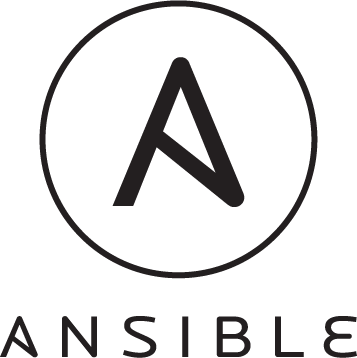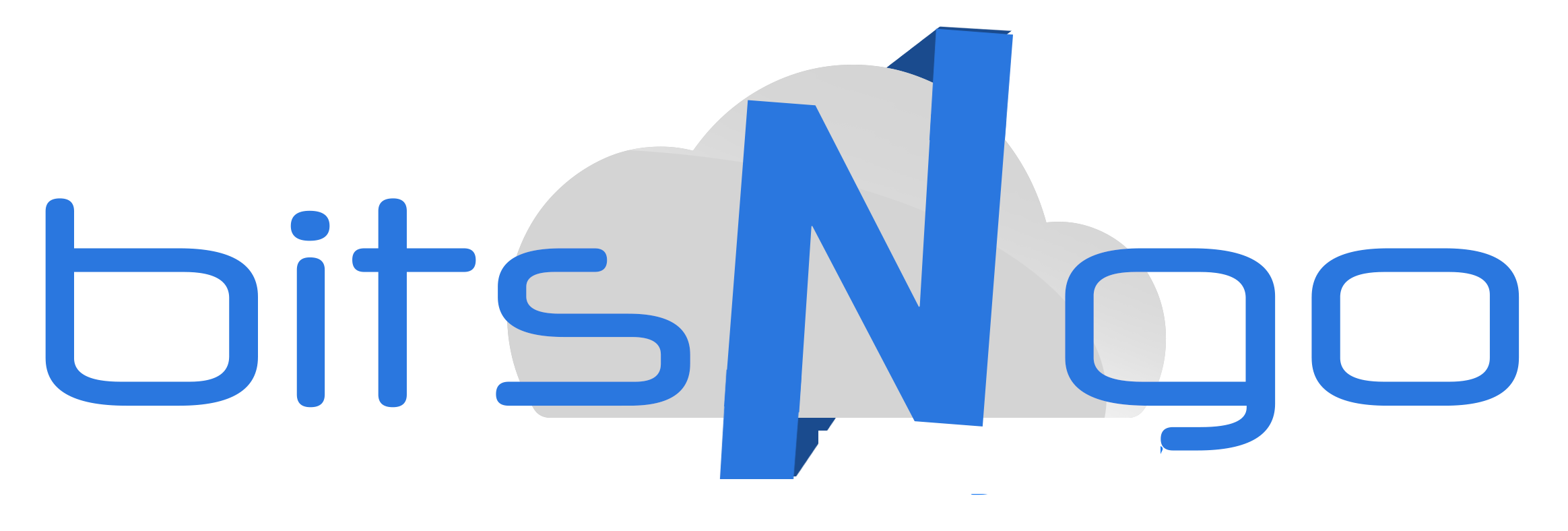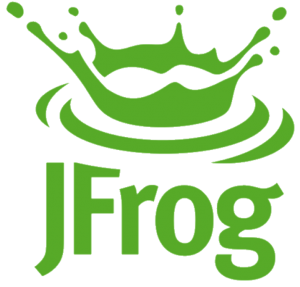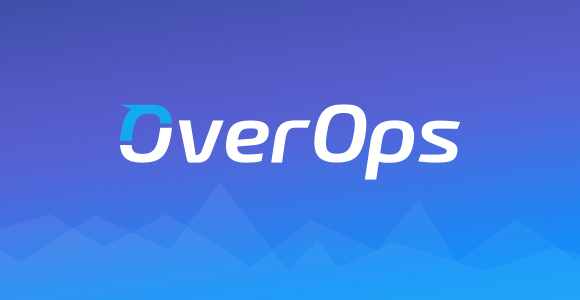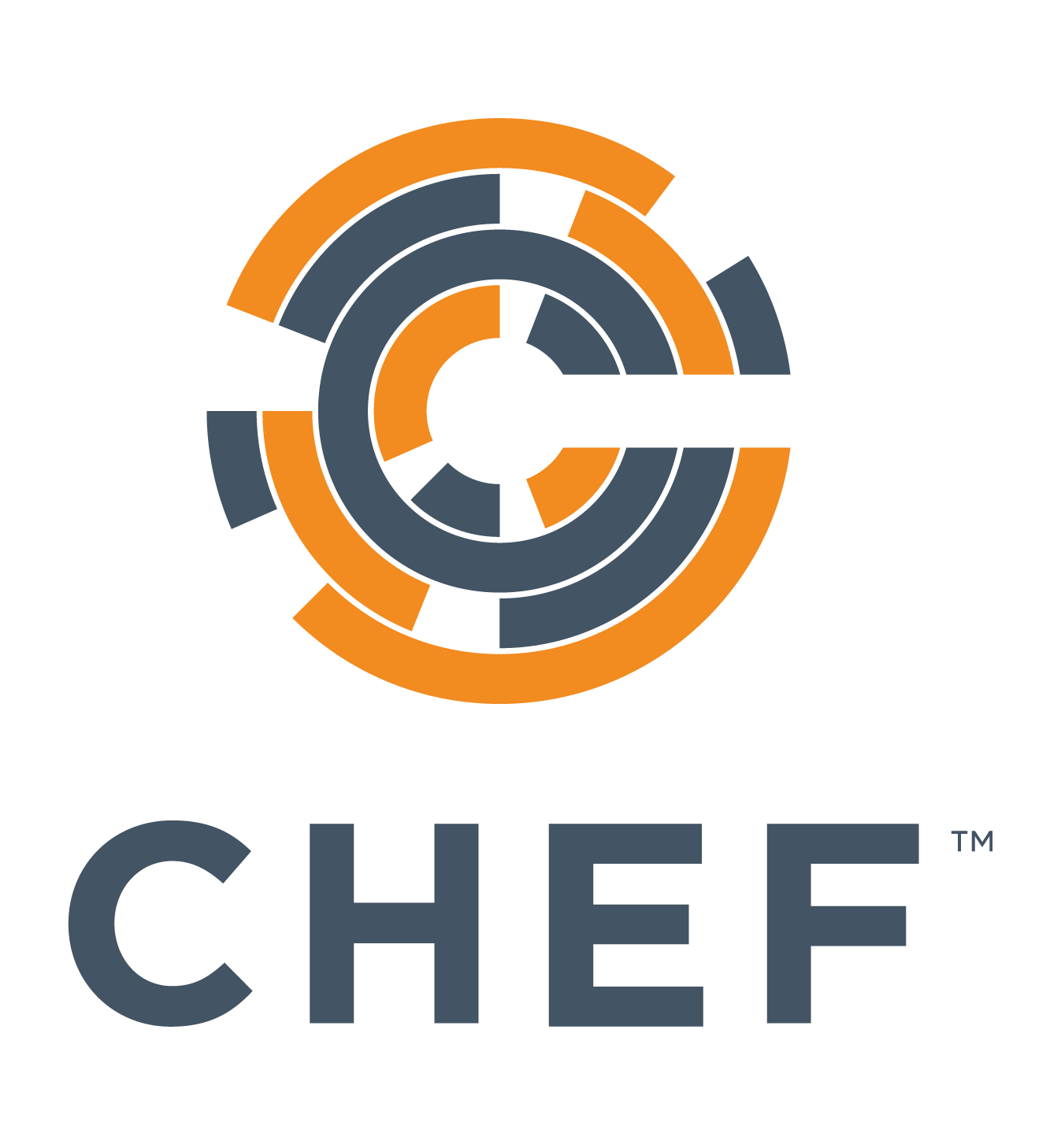
DevOps and IT is more important than ever. There is no argument there. These roles, are in charge of building, testing and releasing software and are critical for the smooth operation of any software-based startup. These are the functions that design the content delivery process from startup to end-user, directly impacting the quality and reliability of service, loyalty and the overall success of the business.
In the startup world, and specifically in the DevOps/IT world things are moving fast and expectations are constantly growing. Startups must have a winning DevOps team in order to swiftly release products and updates without compromising quality.
BitsNGo - An innovative Enterprise CDN for Startups & SMBs
This content is brought to you by BitsNGO, a global CDN made for startups and SMBs, powered by tier one infrastructure. BitsNGo is truly global, affordable, demands no commitment and includes 24/7 support. Sign up for a free trial now or Request a Demo
Yes, we know it’s a lot to ask, but thankfully there are numerous smart, innovative and very useful tools that DevOps and IT managers can use in order to meet the efficacy and productivity requirements of their jobs.
To make your life easier, we’ve gathered 15 of the best tools out there for startup DevOps and IT managers. These tools were actually mentioned by some of our colleagues and thought leaders that we know and respect.
If you are a CTO, VP R&D, IT manager or alike, in a startup company, you might find this list useful!
1. Automic
Automic is an open source platform for business Automation (IT and business systems) which includes workload and release automation as well as other features.
Features:
- Automic Workload Automation – Centrally create, manage and monitor your business application and IT infrastructure processing
- Automic Release Automation – Compare deployed files and configurations with packages using snapshots to spot unauthorized changes
- Automic Service Orchestration – Fully orchestrate complex services across business, application and infrastructure layers
Plans/Cost:
Free Trial. Further prices require sales call.
2. Ansible
Ansible is an open source IT automation engine for DevOps. It automates cloud provisioning, configuration management, application deployment, intra-service orchestration, and many other IT needs.
Features:
- Real-time Job Status Updates
- “Who ran what job when” System
- Integrated /Notifications
- Manage and track your inventory
Plans/Cost:
$5,000 – 10,000 a year for the Self-Support package.
3. Dynatrace ruxit
Dynatrace Ruxit is a SaaS application providing monitoring and analytics for cloud natives. Besides offering alerts it also provides answers to production issues.
Features:
- All relevant metrics, environment changes, and application deployments shown in real-time
- Artificial Intelligence identifies problems and pinpoints their underlying root causes in seconds
Plans/Cost:
$595 p/month (5 hosts), $995 p/month (10 hosts), $2595 p/month (25 hosts) for the Self-Support package.
4. BitsNGo
Yes, that’s us. Well you didn’t think we’d skip ourselves, did you? BitsNGo is a superior yet affordable global CDN (content delivery network) that is tailored to small/medium businesses and startup companies. BitsNGo is offering a true Enterprise CDN architecture that requires no custom integration and that has everything automated for the user.
Features:
- Real time purge, decreasing your purge time significantly and predicting the next purge
- Around the clock support service – 24/7
- Advanced analytics with real time data
- Add as many zones as needed
- Group your zones
Plans/Cost:
North American and Europe packages: $0.045/GB, Rest of the world: $0.09/GB
5. Gradle
An open source tool designed to assist businesses build automation scripting.
Gradle automates and integrates your DevOps toolchain with a concise and expressive build programming language.
Features:
- Advanced Task Ordering System
- Dry Run feature – running a build to identify which tasks get executed without executing task actions
- Daemon Process – When you need to fork the compilation process, Gradle creates a daemon process that is reused within a multi project build
- Parallel Subproject Builds – In multi-module builds, separate subprojects can be built simultaneously
Plans/Cost:
Gradle Build Tool and Gradle (free). Gradle Enterprise price to be discussed with company.
6. Jenkins
Jenkins is an open source automation server that provides hundreds of plugins to support building, deploying and automating any project.
Features:
- Copy Artifact feature – Allows you to copy required files from one job to another
- HTML Publisher
- View Filters feature – Allows you to organize and construct views for your branches, projects and people
Plans/Cost:
Free download
7. JFrog Artifactory
Claims to be the first DaaS (Distribution as a Service), JFrog SaaS platform helps manage the software packages prior to distribution.
Features:
- Google Cloud Storage
- Integration with Binary
- Repository Replication
- In-house Docker images manager
Plans/Cost:
JFrog Pro Edition $2950 p/year
8. New Relic
New Relic is a software Performance Management & Monitoring platform that offers developers with the option to diagnose and fix performance issues in real time.
Features:
- Custom Dashboards
- Alert Policies
- Database Call Response Time and Throughput
- JVM Performance Analyzer (Java) X-Ray Sessions
- Slow SQL Reports
Plans/Cost:
Dedicated plan $75 p/month for 3-day data retention and $149 p/month for 90-day data retention.
9. OverOps (former Takipi)
A tool for detecting and fixing coding errors. OverOps informs you when and why java code fails in production.
Features:
- Find and fix issues in minutes in production JVMs
- Easy integration with many other tools such as Slack, Graphite and HipChat
- See your complete code, including the relevant variable state behind each error
Plans/Cost:
Lite version FREE. Pro $99 p/month.
10. SolarWinds
SolarWinds IT monitoring and management tools are built for SysAdmins and network engineers who need powerful and affordable tools to manage/monitor performance.
Features:
- Configuration Management
- Performance Management and Data Analysis
- Usage Reporting
- Remote Assistance
Plans/Cost:
Varies depending on selected tool.
10. Chef
Chef is a configuration management tool that enables DSL infrastructure coding by using “recipes”.
Features:
- Chef Server – a main configuration hub
- Chef Client – for configuration tasks on local machine
- Chef Analytics – a platform providing run history, real-time reporting, and notifications around Chef automation activities
- Chef Supermarket – an open source directory
- Automatic rollback to previous versions
Plans/Cost:
Chef Basics free of charge. Hosted Chef $72 per node.
Are there any tools we have left behind that we shouldn’t have? Let us know at : yourteam@bitsngo.com and we will happily consider adding them.


